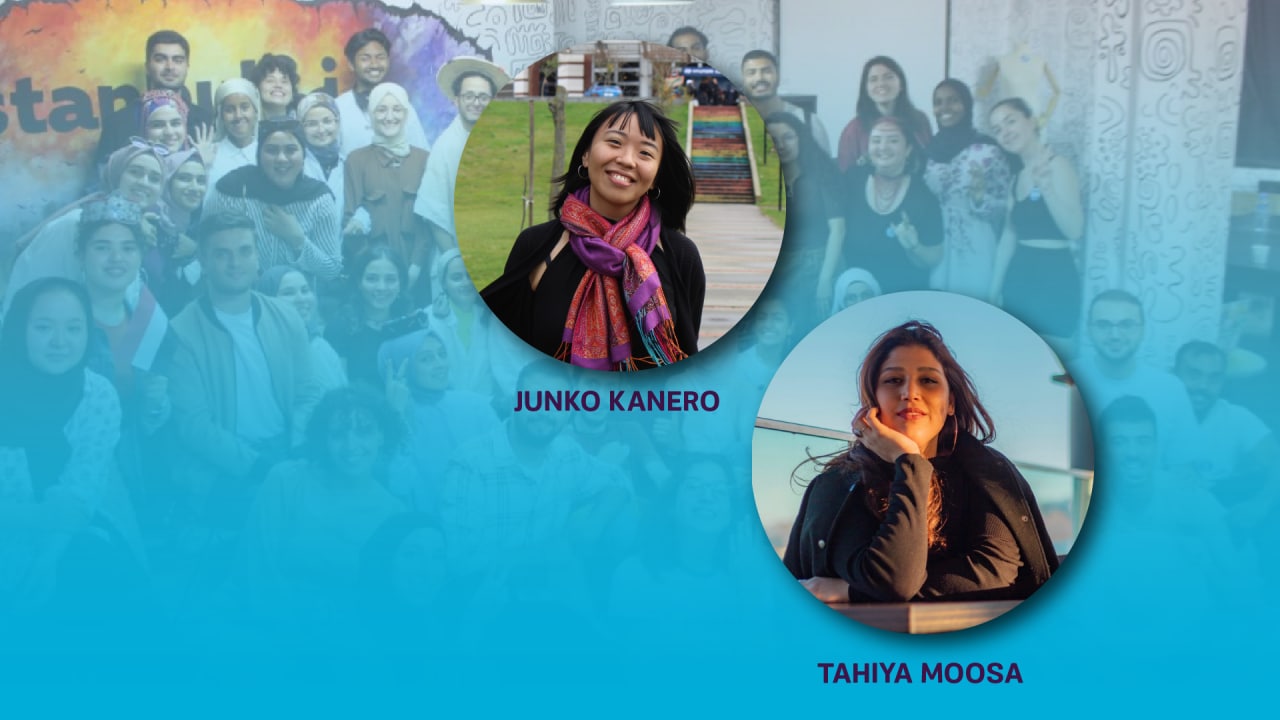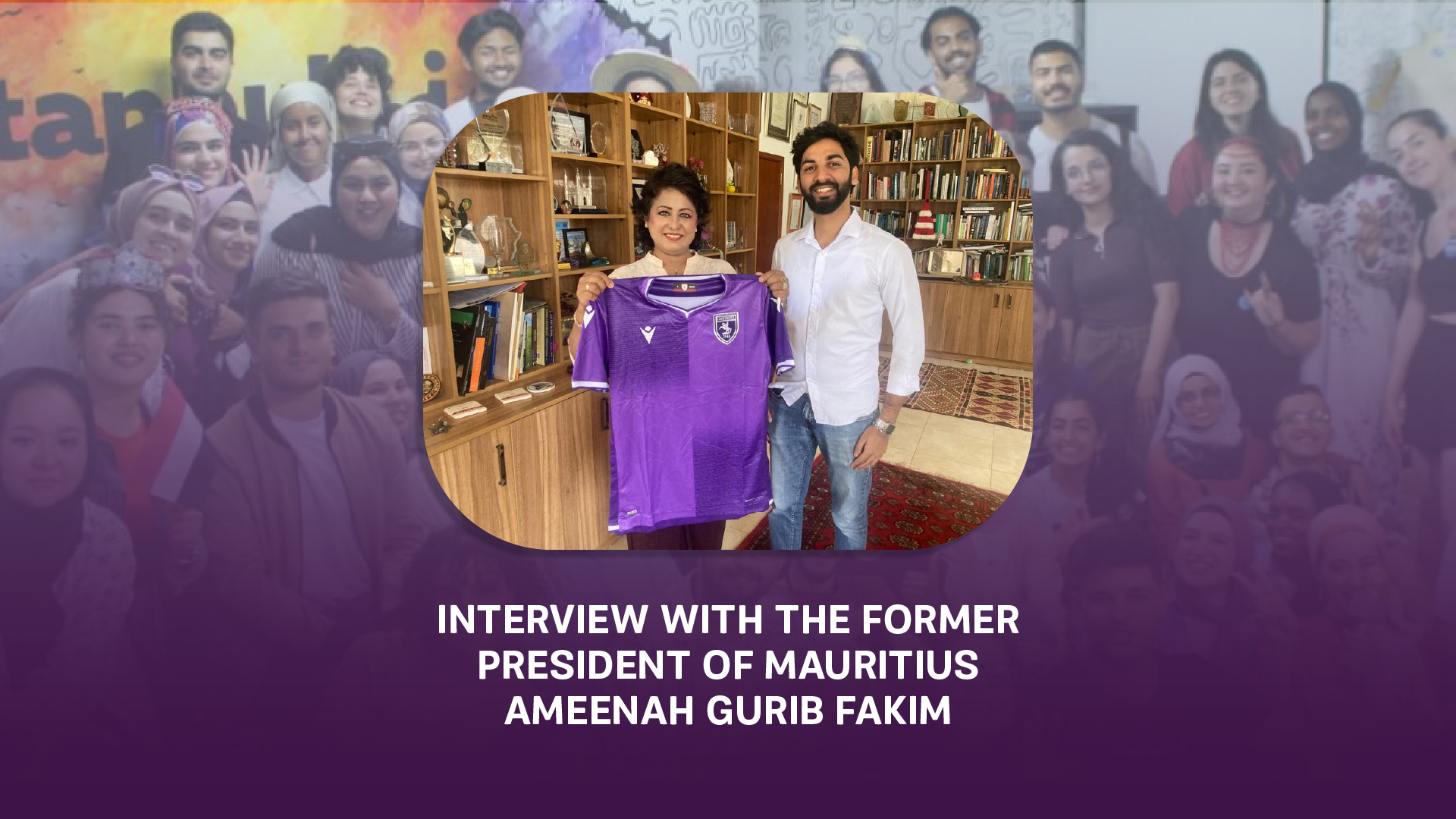As July drew to a close, the Istanbul&I attendants gathered in the office for another iteration of the TALK series. This one was presented by Emma Walker-Silverman, a Ph.D. candidate at the Refugee Studies Centre at the University of Oxford. One by one, the attendees signed up through the QR code placed by the front door to get a front-row seat to these yet unpublished findings, making them one of the first crowds to see it. A total of 13 attendants listened attentively as Emma explained her findings. The presentation was followed by a Q&A / discussion that got the audience more involved.
Emma's research focused on a phenomenon that has become commonplace around the world. Anti-refugee sentiment has been brewing in many countries and with 4 million refugees, Turkey was a great place to base the research on. While the media seems to only focus on anti-refugee rallies, there are usually counter-rallies in favor of refugees. Thus, the topic is complex and full of nuances. Some of the fundamentals of the research focused on the 90% of refugees in Turkey that are Syrian and Turkey's policy of referring to them as "guests" rather than refugees. The framework of contact-threat-norm allowed the research to measure each factor in how local populations react to the increase in refugee numbers and what their impressions are. Contact meant interactions with the refugee population, while threat meant parameters that made the locals feel insecure. Norms were measured on a national, family, and friend level. In order to measure these values, the data entered was based on attitude, intergroup contact, perceived threat, social norms, and demographics among other factors. The research was survey-based and conducted in İzmir. Once the results had been tallied, a set of interesting charts were drawn up. For example, the biggest threat the sample size saw was an economic one. Or that usually, people with more intimate contact (as in knowing a refugee by name) had a favorable opinion on refugees. On the other hand, family norms indicated attitude the best. All this and more concluded the presentation as the floor was opened up to questions.
One could tell that the audience had engaged with the topic on a personal and societal level. The questions were on-topic and the discussions brought out a response from almost everyone present for the TALK. Topics of misinformation being spread and political attacks on refugees for election points around the world was also brought up. Emma also plans to conduct experiments on social media and how it is a ground ripe for the spread of information. We certainly hope we can have her present her findings in that area in the future.


